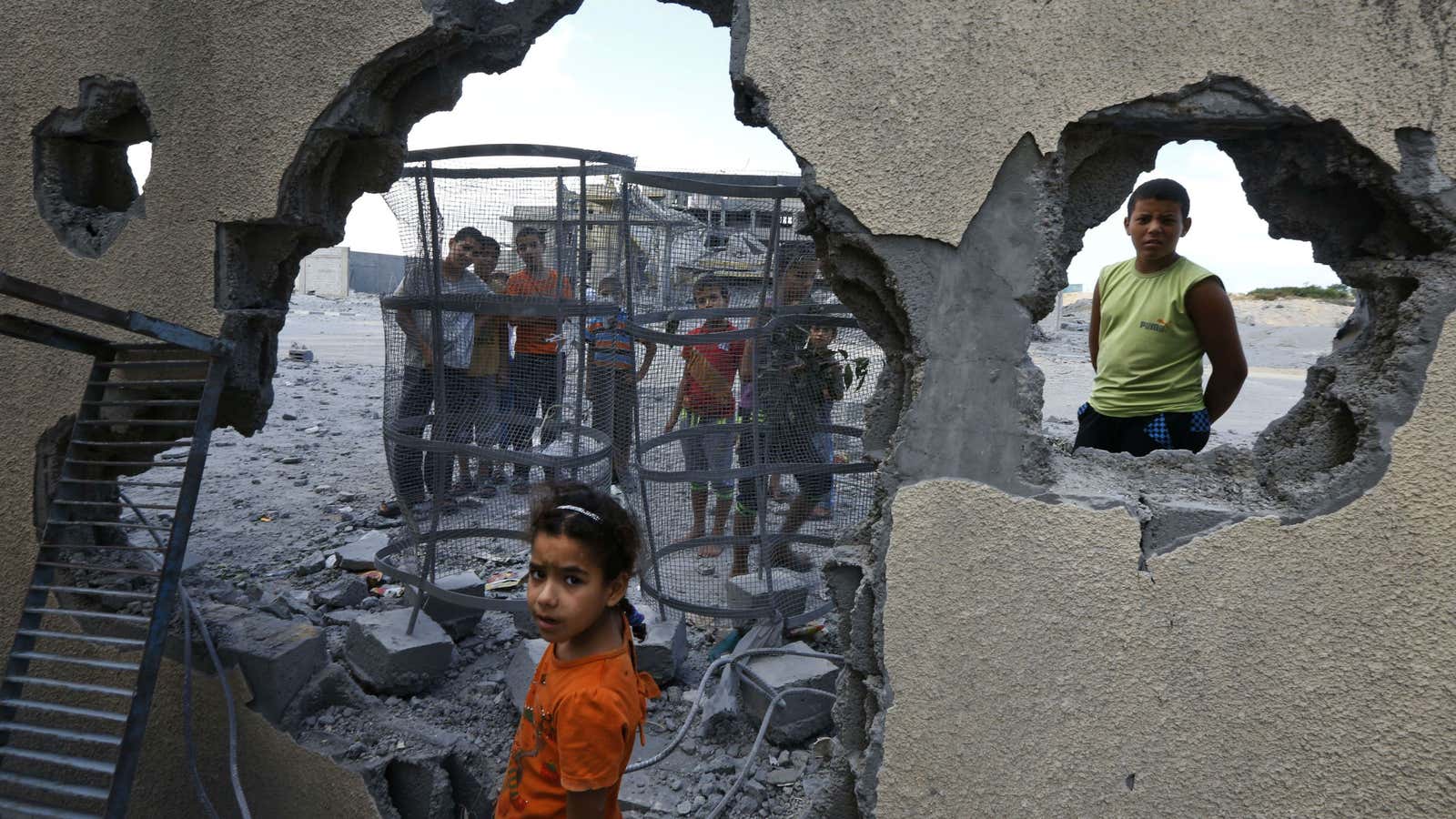Western movies and TV shows tend to shy away from tackling the unremitting, violent struggle between Israelis and Palestinians. The decades-old conflict can sometimes feel inaccessible to Western audiences who are accustomed to more peaceful, simpler relations. It’s also a difficult subject to cram into a neatly-packaged narrative. The conflict offers no closure, no happy ending, no ending at all.
But a few Western films and TV shows have dared to take on the conflict in their story lines. Some notable examples:
Munich
(2005)
Based on the HBO film Sword of Gideon, Steven Spielberg’s Munich depicts Operation Wrath of God, the Mossad’s secret operation to track down and kill the Palestinians responsible for kidnapping and murdering 11 Israeli athletes at the 1972 Summer Olympics. The film was nominated for a host of Academy Awards including Best Picture and Best Director (it didn’t win either). Some viewers took issue with its historical authenticity. But mostly the film received praise for being more nuanced and sincere than the average revenge thriller.
You Don’t Mess with the Zohan
(2008)
You Don’t Mess with the Zohan, directed by Dennis Dugan, features American comedian Adam Sandler as a bad-ass former Israeli soldier who fakes his own death and moves to New York under an alias to pursue his dream of becoming a hair stylist. His arch-nemesis is a Palestinian terrorist named “Phantom” (played by John Turturro), who, upon realizing Sandler’s character is still alive, follows him to New York to kill him. Zohan attempts to combine some serious political commentary and slapstick comedy, with mixed success. Critics ultimately decided that the Israeli-Palestinian conflict is hard to make into a comedy.
The West Wing
, “The Birnam Wood” (2004)
As was its habit, American political drama The West Wing‘s “The Birnam Wood” episode offered a rosy yet unrealistic resolution to a real-life problem. In the episode, the White House arranges for representatives from Israel and Palestine to meet at Camp David for peace talks. After five days of negotiations, the two parties agree to sort of share Jerusalem, and Palestinian sites in the city are given special “diplomatic status.” If only.
West Bank Story
(2005)
This musical parody of the famed West Side Story won the 2007 Academy Award for Best Live Action Short Film. Directed by Israeli-American Ari Sandel, it follows two family-owned feuding falafel huts—one Israeli, one Palestinian—in the West Bank. And as we learned yesterday, hummus can be a unifier.
Western depictions of the Israeli-Palestinian conflict are not exclusively live-action. A popular Batman comic book story arc involved Arab terrorists attempting to destroy Tel Aviv with nuclear weapons sold to them by the Joker. And the hit novel World War Z (which became a 2013 film starring Brad Pitt) had some interesting ideas of its own (essentially, the zombie invasion solves the conflict by wiping out many of the people on both sides).
Sometimes, Westerners (Americans especially) watch things about the conflict without even realizing it. The Emmy-winning Showtime series Homeland is based on Prisoners of War, an Israeli drama about IDF soldiers returning home after years of captivity. And of course, there’s the infamous “Palestinian Chicken” episode of Curb Your Enthusiasm, in which Larry David (who’s Jewish) must grapple with the fact that he loves the chicken at a restaurant owned by Palestinians.
